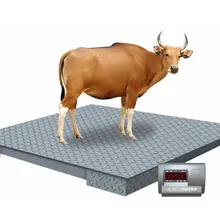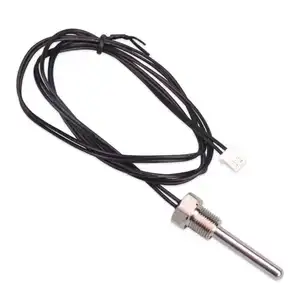Exploring Smart Temperature Sensors
Smart temperature sensors are integral components in modern technology, designed for precise temperature measurement across various environments. These sensors are embedded with intelligent features that enable them to communicate data effectively, making them essential for applications that require real-time monitoring and adjustments.
Types and Applications
There is a diverse array of smart temperature sensors tailored to meet specific industry needs. From thermocouple thermometers to sophisticated infrared pyrometers, each type serves a unique purpose. Thermocouples are widely used in industrial settings for their wide temperature ranges, while infrared sensors are the go-to for non-contact temperature measurements in retail or food service industries.
Features and Functionality
The functionality of a temperature and humidity meter extends beyond simple temperature checks. These devices often come with features such as wireless connectivity, enabling integration with other systems for comprehensive environmental monitoring. Additionally, USB temperature data loggers offer the convenience of direct data transfer to computers for analysis.
Materials and Design
The construction of a smart temperature sensor is as important as its functionality. Materials used must withstand the sensor's operating temperature range and environment. For instance, a K type thermocouple probe is typically made from robust alloys to ensure durability and accurate readings in high-temperature applications.
Advantages of Smart Sensing
The advantages of using smart sensors include enhanced accuracy, the ability to automate processes, and the facilitation of remote temperature monitoring. These sensors can significantly improve efficiency in various settings, from laboratory research to managing the climate in commercial spaces.
Choosing the Right Sensor
Selecting the appropriate smart temperature sensor requires an understanding of the specific needs of your application. Consider factors such as the sensor's range, response time, and connectivity options to ensure seamless integration into your system.





























 浙公网安备 33010002000092号
浙公网安备 33010002000092号 浙B2-20120091-4
浙B2-20120091-4